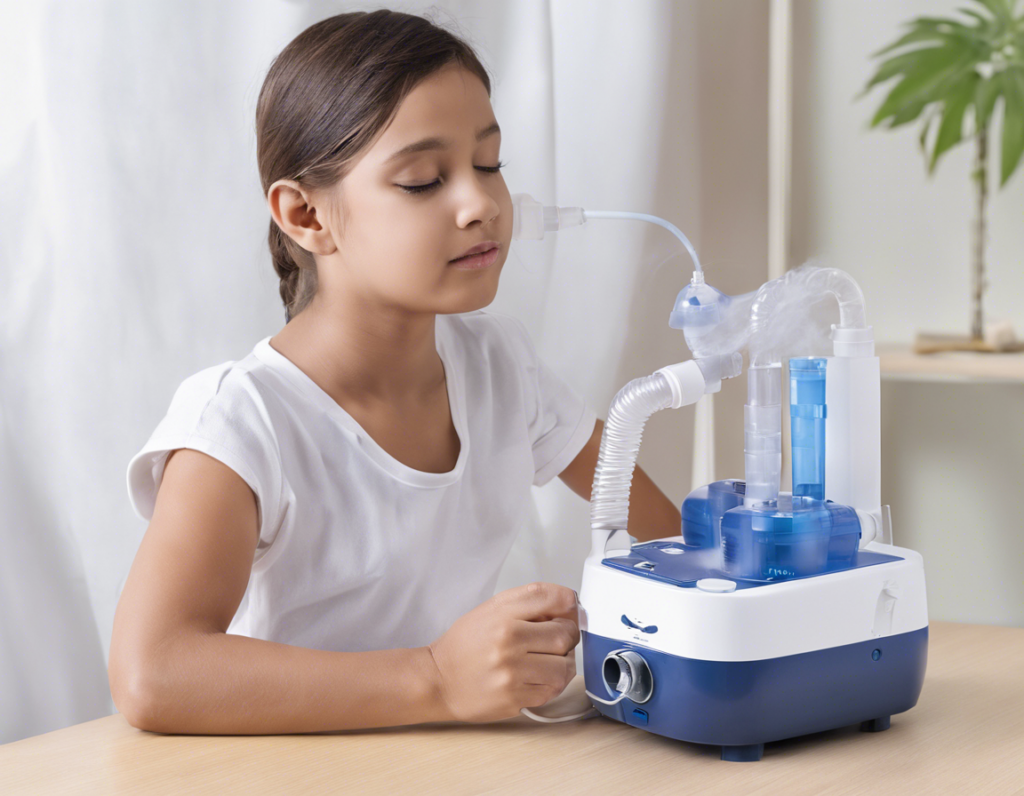Introduction:
Nebulizer machines have become an essential tool for individuals suffering from respiratory conditions such as asthma, COPD, cystic fibrosis, and more. These devices convert liquid medication into a fine mist that can be inhaled directly into the lungs, providing quick relief and improving the efficiency of medication delivery. In this comprehensive guide, we will explore the benefits, types, how they work, best practices, and more regarding nebulizer machines.
Types of Nebulizers:
1. Jet Nebulizers: These are the most commonly used nebulizers that utilize compressed air to convert liquid medication into a mist.
2. Ultrasonic Nebulizers: These nebulizers use ultrasonic waves to create a fine mist of medication, making them quieter and more portable than jet nebulizers.
3. Mesh Nebulizers: These nebulizers use a vibrating mesh to aerosolize the medication, resulting in faster and more efficient delivery of medication.
Benefits of Nebulizer Machines:
– Effective Medication Delivery: Nebulizers deliver medication directly to the lungs, making them more effective than traditional inhalers.
– Suitable for All Ages: Nebulizers are suitable for use by both children and adults, making them a versatile option for the whole family.
– Ease of Use: Nebulizer machines are easy to use and require minimal coordination, making them ideal for individuals with mobility or coordination issues.
– Quick Relief: Nebulizers provide quick relief for respiratory symptoms, making them a preferred choice for managing acute respiratory conditions.
How Nebulizers Work:
Nebulizer machines work by utilizing either compressed air, ultrasonic waves, or vibrating mesh to turn liquid medication into a mist that can be inhaled through a mouthpiece or mask. The mist is then inhaled directly into the lungs, where the medication is absorbed quickly and effectively, providing relief for respiratory symptoms.
Best Practices for Using Nebulizer Machines:
1. Follow Prescribed Dosage: Always use the nebulizer as prescribed by your healthcare provider to ensure the correct dosage of medication is delivered.
2. Proper Cleaning: Regularly clean and disinfect your nebulizer machine to prevent the growth of bacteria and ensure optimal performance.
3. Use Distilled Water: When using a jet nebulizer, it is recommended to use distilled water to prevent mineral build-up that can affect the nebulizer’s function.
4. Replace Parts Regularly: Replace nebulizer cups, masks, and tubing as recommended to maintain the effectiveness of the nebulizer machine.
FAQs (Frequently Asked Questions):
1. How often should I clean my nebulizer machine?
– It is recommended to clean your nebulizer machine after each use and disinfect it at least once a week.
2. Can I use my nebulizer machine with essential oils?
– Nebulizer machines are designed for use with prescribed medications, and using essential oils or other substances may damage the machine.
3. How long does a typical nebulizer treatment take?
– A typical nebulizer treatment takes around 10-15 minutes to complete, but this may vary based on the type of medication being used.
4. Can I travel with my nebulizer machine?
– Yes, portable nebulizer machines are available for travel purposes, ensuring you can continue your treatments while on the go.
5. Are nebulizer machines covered by insurance?
– Many insurance plans cover nebulizer machines and related supplies, but it is advisable to check with your provider for specific coverage details.
In conclusion, nebulizer machines have revolutionized respiratory care by providing an effective and convenient way to deliver medication directly to the lungs. By understanding the different types, benefits, uses, and best practices associated with nebulizer machines, individuals can effectively manage their respiratory conditions and enjoy an improved quality of life.
